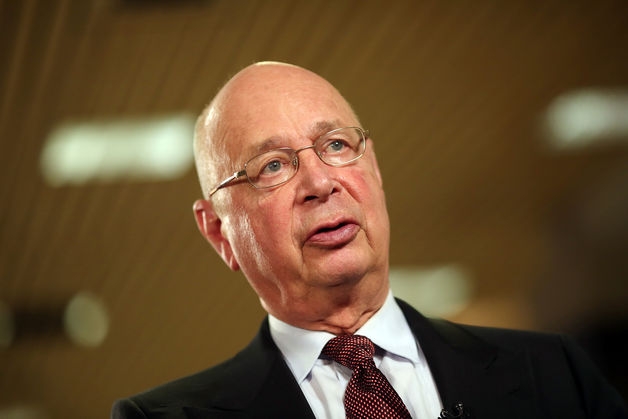
Ghana’s economy which was touted in 2011 as one of the fastest growing in the world propelled by the start of commercial production of oil a year before cannot be said to be the same now.
The country ended 2014 economically on a sour note as its projected growth of 7.1 percent only ebbed out at 4.2 percent, the lowest in five years compared to the enviable 13.6 percent it chalked in 2011.
Among factors that contributed to the unfortunate plight of the country’s economy were the weak Ghana cedi which dipped 26 percent against the dollar in 2014, earning it the worst performing currency of some 30 African currencies tracked by Bloomberg. Also dragging the economy into the mud were the power cuts that gravely affected production.
The wide budget deficit also presented one of the country’s worst economic woes.
Currently, the fall in GDP figures present the country’s credit rating. It would be recalled that Fitch, an international rating agency, warned that Ghana’s currency might depreciate further should the government/ IMF negotiations for an economic recovery plan continue to hang in the balance.
Government has also indicated that it would resort to hefty borrowing this year through the issuance of local bonds.
With a projected GDP growth rate of 3.9 percent, this year appears to be a difficult one, especially with the government/IMF bailout package.
It is expected to definitely translate into more and higher taxes for Ghanaians who are suffocating under government’s refusal to lower the price of petroleum products according to the automatic price adjustment formula.
An analyst has advised that government should ensure that its fiscal programme with the IMF hits the road to stir some confidence in the economy since high inflation and persistent power shortages are stifling investment in the country.
Government is seeking about $1 billion in loans from the International Monetary Fund to help bolster the economy.
Sampson Akligoh, managing director of Accra-based InvestCorp Limited, a money manager, told Bloomberg by phone that “there’s little room for an expansionary policy” this year as the government focuses on “building fiscal buffers.”
BY Samuel Boadi




